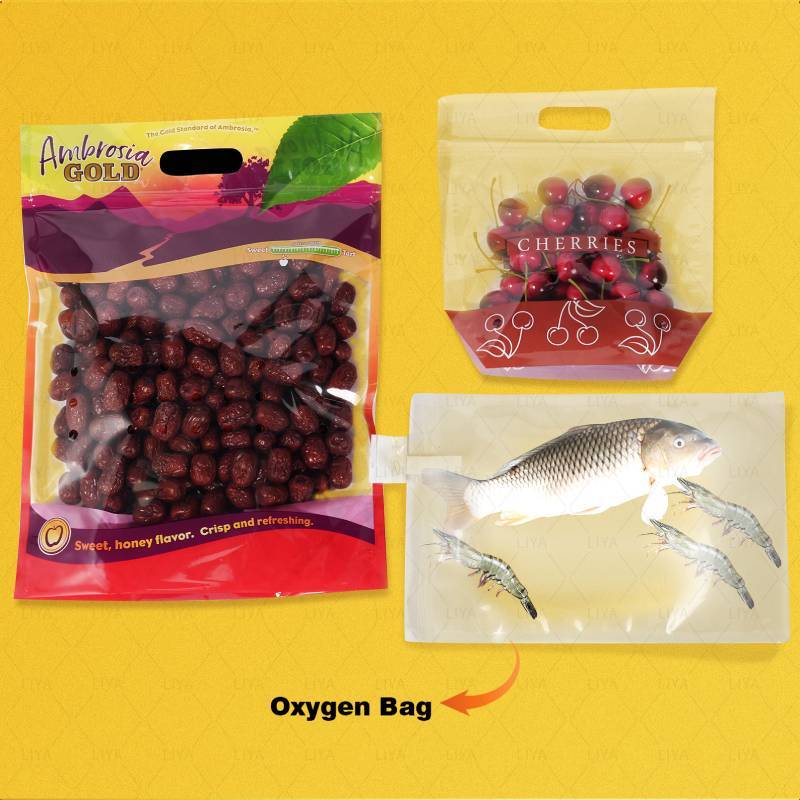Best Practices for Using Disposable Gloves in Food Preparation and Kitchen Hygiene
The Use of Disposable Gloves in the Kitchen A Hygiene Essential
In today's fast-paced world, maintaining hygiene in food preparation is more crucial than ever. One of the most effective ways to ensure cleanliness in the kitchen is the use of disposable gloves. These gloves not only play a vital role in safeguarding personal health but also significantly contribute to food safety standards.
Protecting Personal Health
First and foremost, disposable gloves act as a barrier between germs and the skin. When cooking or preparing food, hands come into contact with various surfaces, utensils, and ingredients, all of which can harbor bacteria and viruses. Without the use of gloves, there is a high risk of transferring pathogens from hands to food. This transfer can lead to foodborne illnesses, which can have severe consequences for health. By wearing disposable gloves, kitchen staff or home cooks can minimize this risk, ensuring that food remains uncontaminated.
Compliance with Food Safety Regulations
In professional kitchens, the use of disposable gloves is often mandated by food safety regulations. Health departments worldwide frequently stipulate the use of gloves in food preparation, especially when handling ready-to-eat items. Chefs and kitchen personnel are trained to change gloves frequently and use them properly to adhere to these guidelines. As a result, not only do disposable gloves help maintain personal hygiene, but they also support compliance with legal regulations, reducing the risk of penalties or closures for establishments.
Promoting Efficiency
use of disposable gloves in kitchen

In addition to promoting hygiene, disposable gloves can enhance efficiency in the kitchen. When cooks wear gloves, they can switch between tasks without worrying about washing their hands between every step. This is particularly beneficial in fast-paced environments where speed is essential. For instance, when preparing various types of food, a chef can quickly change gloves when transitioning between raw meats and vegetables, thus preventing cross-contamination. This efficiency is also applicable in home kitchens, where families can prepare meals more quickly, ensuring that all components are handled safely.
Reducing Allergens
Another significant advantage of disposable gloves is their ability to reduce allergen exposure. Many people have food allergies; for instance, nut allergies can be life-threatening. By using disposable gloves, cooks can avoid direct contact with allergens, significantly diminishing the risk of cross-contamination. After cooking with allergens, it is essential to dispose of the gloves properly and wash hands thoroughly to ensure that no traces of the allergen remain.
Environmental Considerations
While disposable gloves are essential for hygiene, it is also crucial to consider their environmental impact. Many disposable gloves are made from latex, vinyl, or nitrile, all of which contribute to plastic waste. To address this environmental concern, some manufacturers now produce biodegradable gloves that can decompose more quickly than traditional materials. Choosing eco-friendly options can significantly reduce the carbon footprint associated with disposable glove use in the kitchen.
Conclusion
In summary, the use of disposable gloves in the kitchen is an essential practice for maintaining hygiene, ensuring food safety, and enhancing efficiency. Whether in a professional setting or at home, gloves serve as a crucial line of defense against harmful bacteria and allergens. As consumers become increasingly aware of food safety, the demand for disposable gloves is likely to rise. However, it is important to pair this practice with environmentally sustainable options to promote a healthier planet while safeguarding our health. An informed and conscientious approach to glove use can lead to safer, cleaner kitchen environments for everyone.
-
Have the freedom of customizing your custom mailers any way you want! Our dedicated packaging support will help deliver you the mailing experience you need to elevate your shipping experience to the next level! Start making a strong impression on your customers and stand out from your competitors! -
LIYA uses high quality raw materials which directly purchased from large enterprises domestic and overseas such as PetroChina, Sinopec, Sabic, Equate, ExxonMobil, Dow Chemical, Total, and Borouge, ensuring the price advantage and quality of the raw materials. -
LIYA uses high quality raw materials which directly purchased from large enterprises domestic and overseas such as PetroChina, Sinopec, Sabic, Equate, ExxonMobil, Dow Chemical, Total, and Borouge, ensuring the price advantage and quality of the raw materials.





